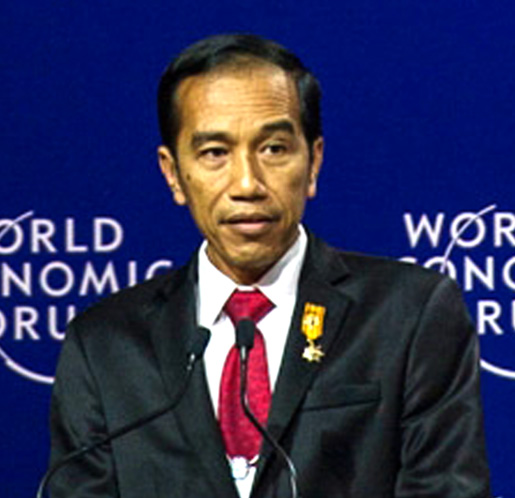INDONESIA – The Indonesian government announced plans to trim the country’s corporate income tax rate in 2017, a move seen by analyst as among the measures that President Joko Widodo want to implement to further entice more investors in the country.
Reuters reported that Finance Minister Bambang Brodjonegoro announce the development but did not expound on the plan.
Brodjonegro said that the corporate income tax will definitely be cut by 2017 but he did not say by how much.
Aside from announcing the cut in corporate income tax rate in 2017, Brodjonegoro also announced that the government is also planning to revise the country’s income tax and value added tax laws in 2016.
President Widodo has been scrambling to implement measures to entice more investors to stir the country’s economy and deliver his promise of economic growth.
Cabinet Revamp
Local reports also said that Widodo is set to announce a cabinet revamp that will pave the way for the replacement of the country’s chief economic and trade ministers.
The revamp, reports said, is an effort by the government to reassure investors that President Widodo remains committed to reviving Indonesia’s economy, the largest in Southeast Asia.
The president’s office has not issued a statement yet regarding the report but said there will be an announcement.
Local media reports said chief economics minister Sofyan Djalil will be replaced by former central bank governor Darmin Nasution.
Private equity executive Tom Lembong is also expected to be appointed as the new trade minister of Indonesia.
The revamp comes as Indonesia’s GDP grew to 4.67% in Q2, its slowest pace in six years.
Indonesia Closely Monitoring Insurance Sector
Meanwhile, Indonesia’s Financial Services Authority (OJK) announced that it is closely monitoring the country’s insurance sector and are in talks with insurers that have exposure to stocks and bonds.
Although OJK head Muliaman Hadad assured that there is not need to be alarmed, he stressed that the OK is communicating intensively with the industry as the country’s sovereign bond market and stock market have been under pressure, especially after China’s central bank devaluated the yuan twice this week. – BusinessNewsAsia.com
